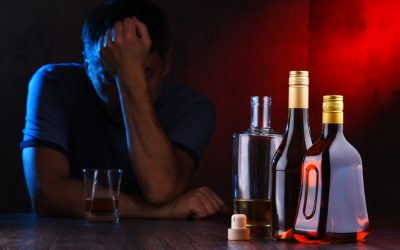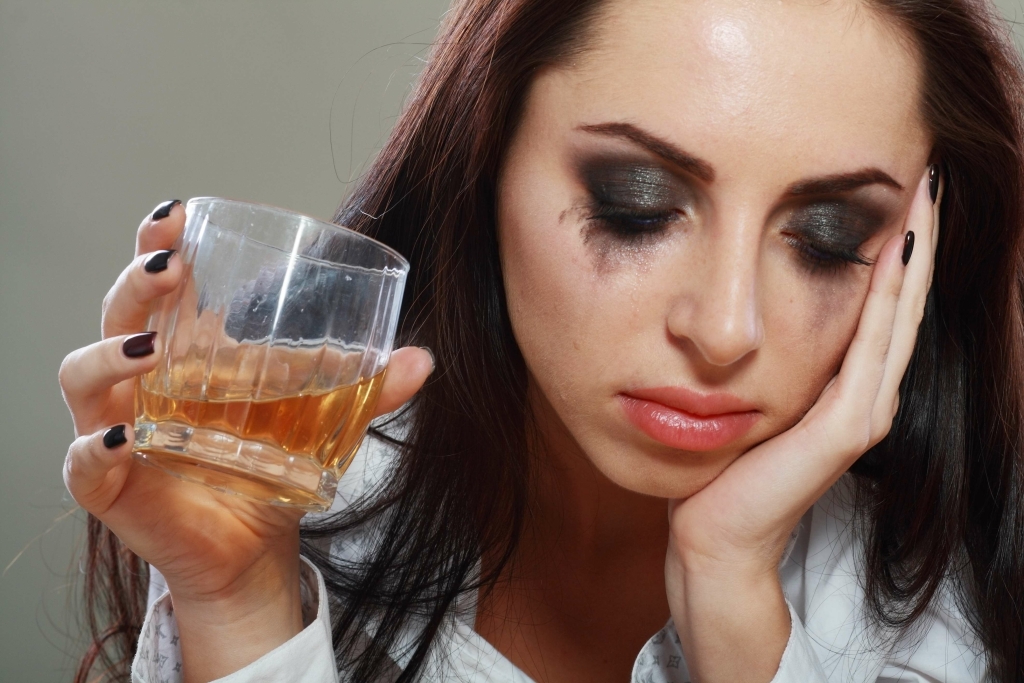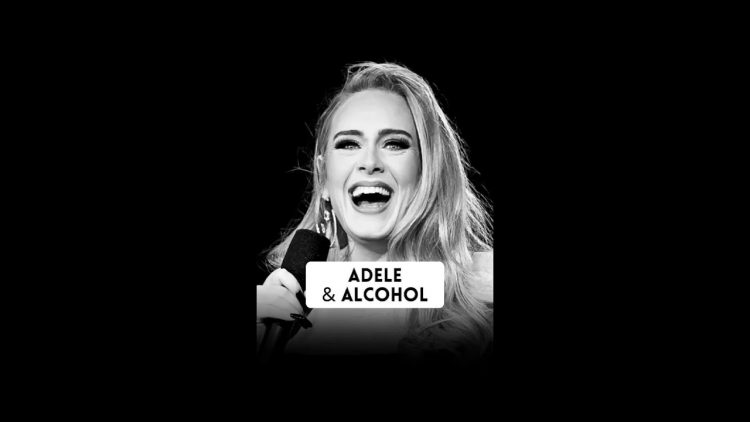Dopamine depletion can cause apathy, boredom, and lack of motivation. Serotonin is a neurotransmitter responsible for feelings of happiness, well-being, and pleasure. Serotonin depletion can cause major mood swings and feelings of sadness, anxiety, and irritability. Twenty years ago today, I woke up from a typical alcohol-induced blackout in https://freeblog4u.com/write-for-us/ an apartment I did not recognize in an unfamiliar Boston neighborhood. I stared at the ceiling with a pit in my stomach, a void in my soul, a dead cell phone battery, and an inner knowing that I would never let myself feel this way again.
Will Sobriety Change Your Life?
- This article intends to offer useful tactics and ideas that can help you handle social occasions where alcohol is served, without compromising your dedication to sobriety.
- Many younger people are redefining what it means to have fun without the need for alcohol.
- Normally I wouldn’t mind—I mean, my conversations are littered with expletives—but when it’s two in the morning, and I’m sober and tired, it wears thin quick.
You don’t need to explain your reasons unless you want to. By having these alternatives readily available, you can still partake in the social aspect of drinking without consuming alcohol. Relapse (using substances again after stopping) can and does happen, with 85% of people experiencing relapse at least once and half of them doing so within the first two weeks of sobriety. To begin, it can take several hours to sober up from alcohol. Then, the first few weeks of sobriety are when relapse risk is highest.
What Is the Role of Community in Sobriety?
Unfortunately, not everyone will support you or respect your sobriety. So you might find yourself redefining your friendships, relationships, and http://www.ecolora.su/38-pivo-delayut-iz-poroshka.html boundaries. Accepting that putting yourself first will change who you surround yourself with is an important part of recovery.

Alcohol Relapse Overview
This is in treatment facilities for people with alcohol use disorder. Those with 2 years of sobriety under their belts have a relapse rate of 40%. In addition, those with 5 years of sobriety, while likely to remain sober, are still at risk for relapse. The definition of relapse means to slip back into a former state or practice after a period of abstinence from substance abuse.
People new to recovery can find themselves approaching their new diet, exercise program, job, and even participation in support groups with a compulsion that echoes addiction. Many people who misuse alcohol or drugs have trouble dealing with anger. If left unchecked, anger can have a negative impact on your health and your lasting sobriety. Post-acute withdrawal syndrome https://bourgas.ru/bolgariya-mozhet-vyigrat-evrovidenie-2020/?utm_source=yxnews&utm_medium=mobile&utm_referrer=https%3A%2F%2Fyandex.ru%2Fnews (PAWS) involves withdrawal symptoms that persist past the detox period. Such symptoms are often related to mood and may include irritability, anxiety, depression, sleep problems, and fatigue.
- If these people are unwilling to embrace sober things to do, or they pressure the person in recovery to drink, it is time to walk away.
- You may again seek out the people and situations that support your alcohol use.
- It’s a shift in the way people and generations are interacting with and thinking about alcohol use.
- By doing this, one will be able to cope if or when they occur and work through the triggers.
- However, this support system is critical in preventing relapse.
- When you get sober, you realize there is an entire daytime pulse in your city or town that you never really felt before.

Be honest, set boundaries, identify triggers, and seek support from allies. If everyone else starts getting drunk, don’t hesitate to leave early. Remember that your well-being takes precedence over popular opinion or societal norms. The ability to prioritize self-care is one of the empowering aspects of choosing sobriety.







